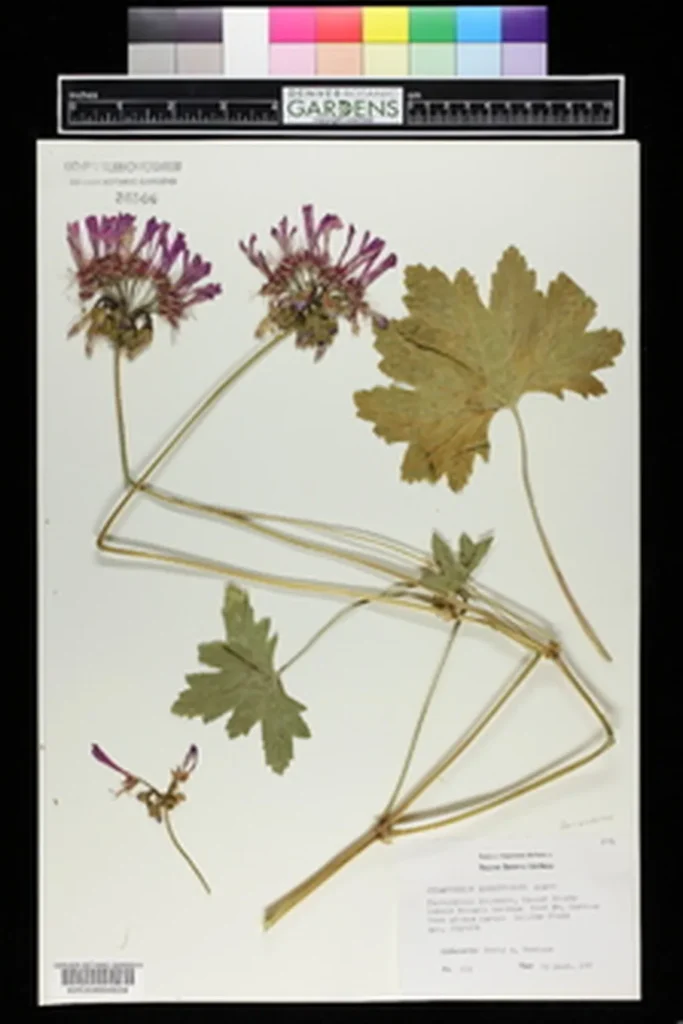In the heart of Türkiye, researchers are unlocking the secrets of a plant that could revolutionize the pharmaceutical industry. Pelargonium quercetorum Agnew, a species native to the region, has shown promising results in a recent study led by Ebru Akkemik from Siirt University. The findings, published in *Studia Universitatis Babes-Bolyai Chemia* (translated as *Babeș-Bolyai University Studies Chemistry*), could pave the way for new therapeutic applications and commercial opportunities.
Akkemik and her team investigated the effects of P. quercetorum Agnew extract on key enzymes and its potential to protect DNA. The study revealed that the extract significantly inhibits acetylcholinesterase (AChE) and carbonic anhydrase I-II (hCA I-II) enzymes, which are crucial targets in the treatment of Alzheimer’s disease and other conditions. “The IC50 values we obtained indicate a strong inhibitory effect,” Akkemik noted, highlighting the potential of the plant extract in pharmaceutical applications.
Using advanced analytical techniques like ICP-OES (Inductively Coupled Plasma Optical Emission Spectrometry) and LC-ESI-MS/MS (Liquid Chromatography-Electrospray Ionization-Tandem Mass Spectrometry), the researchers identified rutin and shikimic acid as the main phenolic components in the flower extract, with rutin being the predominant compound in the leaf extract. Additionally, the ICP-OES analysis revealed that the leaves are rich in potassium, a vital nutrient with numerous health benefits.
One of the most compelling findings was the plant’s ability to protect plasmid DNA. This property could have far-reaching implications for genetic research and therapy, offering a natural and effective way to safeguard genetic material.
The commercial potential of these findings is substantial. The pharmaceutical industry is always on the lookout for natural compounds with therapeutic properties, and P. quercetorum Agnew fits this bill perfectly. The plant’s ability to inhibit key enzymes and protect DNA opens up new avenues for drug development, particularly in the areas of neurodegenerative diseases and genetic therapies.
Moreover, the discovery of high potassium content in the leaves could lead to the development of new nutritional supplements or fortified foods, catering to the growing demand for natural health products.
As Akkemik and her team continue their research, the future looks bright for P. quercetorum Agnew. The next steps involve clinical trials to validate these findings and explore the full potential of this remarkable plant. “We are optimistic about the results of these trials and the possibilities they open up,” Akkemik said, underscoring the excitement and promise of this research.
In an era where natural solutions are increasingly sought after, P. quercetorum Agnew stands out as a beacon of hope. Its unique properties and therapeutic potential could shape the future of the pharmaceutical industry, offering new treatments and commercial opportunities that benefit both patients and businesses alike.

